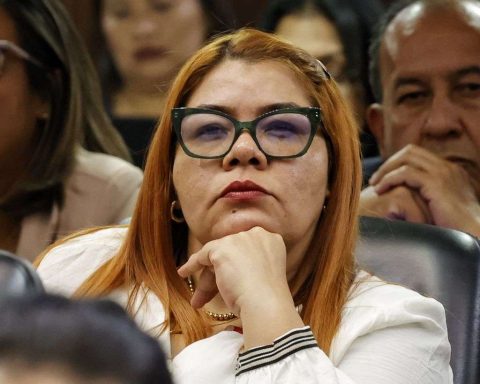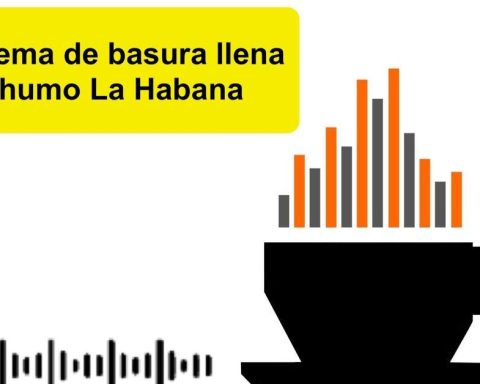Budget execution is an important tool, because it accounts for the use of the money that has been allocated for each program in the public budget, in a given period. In the first year of government, in general, the budget that was approved by the previous administration is available. On the one hand, the budget for the first year of President Gabriel Boric’s term, which was prepared by his predecessor, Sebastián Piñera, and approved by the 2021 Congress, had three ministries that over-executed it, until November 2022. On the other, in the first year of the second government of Sebastián Piñera, which had a budget prepared by Michelle Bachelet and approved by Congress at that time, until the same month, there were no over-executions.
Although the expenses do not show great variation between one Government and another, the ministries that presented the most budget execution in their almost first year can be highlighted. The current government administration had three ministries that over-executed their budget, until the indicated month of November. The first is the Ministry of National Assets, with 141.6% execution; the second, the Ministry General Secretariat of Government, with 116.5% execution; and, finally, the Ministry of Labor and Social Welfare. with 101.5% of the executed budget. Another State Secretariat that stands out, with 93.9% execution, is the Ministry for Women and Gender Equality.
From the National Assets portfolio, they explained that said over-execution was “due to the greater transfers made through subt. 33 of Capital Transfers, the above due to income from sales and concessions, which are distributed 65% to regional governments , as indicated in DL 1,939 and in the instructions of the Budget Law”. In a few words, this technical definition refers to the fact that the ministry obtained more income than budgeted and transferred more money to the regions than initially projected.
The expenses incurred in the previous year do not present major changes compared to previous years, in fact, an adequate expense is appreciated for that month of the year. The Ministry of Public Works was the one that executed the least budget for that time of year, with 72.1% of it. This, unlike the first year of the second Government of Sebastián Piñera, where for November 2018 the ministry with the lowest budget execution was the Economy, with 62.4%.
The first year of Sebastián Piñera as President of the Republic –second Government–, until November, he did not have excess executions. In fact, the three portfolios that advanced the most in spending were the Ministry of Finance, with 98.9% of the budget executed; the Ministry of Foreign Affairs, with 93%; and the Ministry of Health, with 91%. In addition, in August of that same year, the Ministry of Science, Technology, Knowledge and Innovation was created.
It will be during the next week that the Budget Directorate (Dipres) will publish the percentages of accumulated budget execution for December, that is, for the full year of the Government of Gabriel Boric. Dipres has until January 31 to publish the results.
Accumulated Execution Percentage by Item as of November 2022 and 2018
| Ministry | 2022 | 2018 |
| -Public Works | 72.1% | 82.7% |
| -Science | 74% | It was created that year |
| -Living place | 74.2% | 87.7% |
| -Economy | 75.1% | 62.4% |
| -Inside | 75.9% | 83.3% |
| -Sport | 76.1% | 82.7% |
| -Environment | 78.1% | 82.2% |
| -Cultures | 78.5% | 68.7% |
| -Transportation | 82.3% | 80.3% |
| -Presidency | 83% | 86.6% |
| -Segpres | 83% | 78.3% |
| -Social development | 84% | 82.5% |
| -External relationships | 84.3% | 93.9% |
| -Education | 85.4% | 83% |
| -Mining | 85.4% | 86.17% |
| -Energy | 86.3% | 84.8% |
| -Justice | 86.6% | 87.4% |
| -Tax authorities | 87% | 98.9% |
| -Agriculture | 87.3% | 86.3% |
| -Health | 89% | 91.9% |
| -Defending | 89.5% | 85.39% |
| -Women | 93.9% | 91.2% |
| -Worked | 116.5% | 91.8% |
| -Segegob | 116.5% | 91% |
| -National Assets | 141.6% | 84.4% |


















